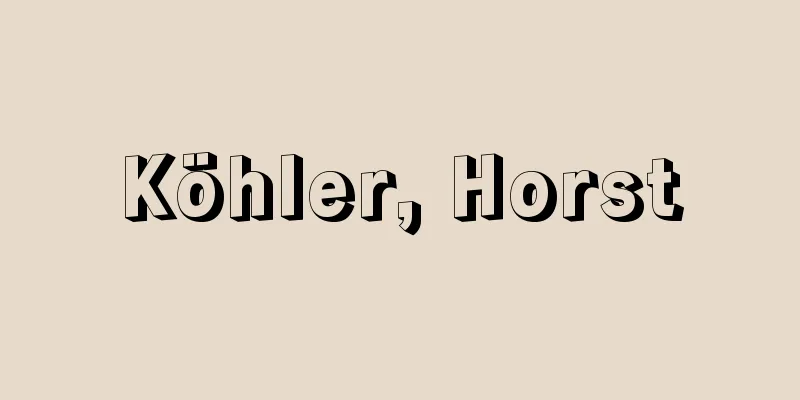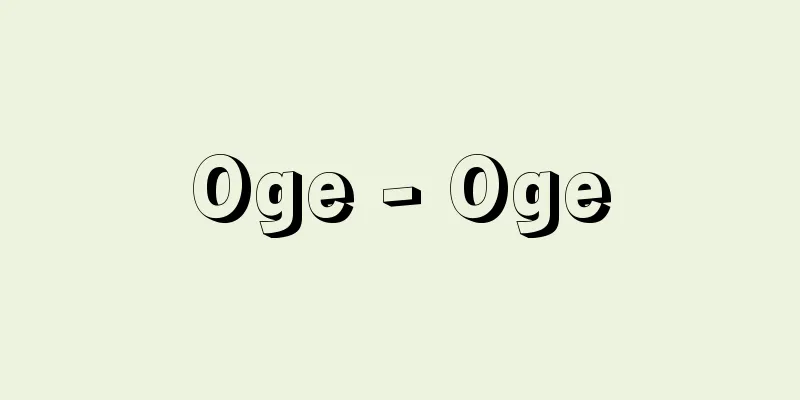Köhler, Horst

Born February 22, 1943 in Skielbieszow, German economist and politician. President (2004-10). Served as Managing Director of the International Monetary Fund (IMF) from 2000 to 2004. Born in Poland during World War II, his family emigrated to Germany (later the German Democratic Republic (East Germany)) shortly thereafter to escape the Soviet invasion. In 1953, he escaped to the Federal Republic of Germany (West Germany). He obtained his doctorate in economics and political science from the University of Tübingen in West Germany. He served as an assistant professor at the Institute of Applied Economics at the same university from 1969 to 1976, before becoming a bureaucrat. In 1981, he joined the Christian Democratic Union. In the early 1990s, as State Secretary of the Ministry of Finance under the Kohl administration, he played an important role in formulating the financial plan for German reunification in 1990 (→German unification issue). However, his greatest achievement at that time was leading the difficult negotiations leading to the Maastricht Treaty in 1991 as the head of Germany. In 1993, he became president of the Association of German Savings Banks. In 1998, he was elected president of the European Bank for Reconstruction and Development (EBRD). He was appointed Managing Director of the IMF on March 23, 2000, but as the head of the IMF, he faced many criticisms for the old policies of the fund. In 2001, he announced the establishment of a new International Capital Markets Department within the IMF to improve the efficiency of information gathering and prepare for financial crises. He was elected President of Germany by the conservative coalition at the German Bundestag, resigned as Managing Director of the IMF in March 2004, and became President of Germany in July of the same year. He was re-elected as President in 2009. In May 2010, in a radio interview, he said that there were cases where military intervention was necessary to protect Germany's national interests, such as sending troops to Afghanistan (→ Afghanistan conflict), which drew criticism and led him to resign immediately after. Kohler |
|
[生]1943.2.22. スキエルビエシュフ ドイツの経済学者,政治家。大統領(在任 2004~10)。2000~04年には国際通貨基金 IMF専務理事を務めた。第2次世界大戦下のポーランドで生まれ,その直後に一家はソビエト連邦軍の侵攻から逃れるためドイツ(のちのドイツ民主共和国〈東ドイツ〉)に移住した。1953年にドイツ連邦共和国(西ドイツ)側に脱出。西ドイツのテュービンゲン大学で経済学と政治学の博士号を取得した。1969~76年に同大学の応用経済学研究所で助手を務めたのち官僚となる。1981年にキリスト教民主同盟に入党。1990年代初めには,コール政権下で財務省事務次官として,1990年のドイツ再統一(→ドイツ統一問題)に伴う財務計画策定に重要な役割を果たした。だが当時の最大の功績は,ドイツの責任者として,1991年のマーストリヒト条約締結に向けた困難な交渉を成功に導いたことだった。1993年ドイツ貯蓄銀行協会会長に就任。1998年にはヨーロッパ復興開発銀行 EBRD総裁に選ばれた。2000年3月23日に IMF専務理事に就任したが,トップとして基金の旧来の政策に対する数々の批判にさらされた。2001年には,情報収集の効率を高めて金融危機に備えるため,IMF内に国際資本市場局を新設すると発表した。ドイツ連邦会議で保守連合から大統領に選出され,2004年3月に IMF専務理事を辞任,同年 7月ドイツ大統領に就任。2009年に大統領再任を果たした。2010年5月,ラジオ番組のインタビューで,アフガニスタン派兵(→アフガニスタン紛争)など,ドイツの国益を守るため軍事介入が必要な場合もあると発言,批判を招いて,直後に引責辞任した。 ケーラー
|
Recommend
Shuramono - Shuramono
A classification of Nohgaku pieces. In the five-pa...
Accounts receivable - Sales credit
Generally, the term credit refers to a right that ...
Crenothrix
…They oxidize iron in the water and accumulate la...
Fukuyama
This is the former name of a town (Fukuyama-cho) ...
Log
Also called a log. An instrument that measures and...
Tokikunike - Tokikunike
This is the residence of Tokikuni, located in Mach...
Pelargonium zonale (English spelling) Pelargoniumzonale
… Pelargonium [Munemin Yanagi]. . . *Some of the ...
Azumazasa genus - Azumazasa genus
…The culm is low, usually less than 2m, with only...
Macedonia - Macedonia (English spelling)
The name of the region in the central Balkan Peni...
Back Takao - Ura Takao
...The mountain's name is said to come from t...
Richet, CR (English spelling) RichetCR
…From the Latin ana (no) and phylaxis (protection...
Ishige (stone hair) - Ishige (English spelling)
A brown alga in the family Stonecropaceae. It grow...
Nessler, K.
…The method of curling hair, Marcel Wave, created...
Judgment (Kendan)
It means to investigate violations and denounce il...
The Thibaults - The Thibaults
A long novel by French author Martin du Gard. Pub...









